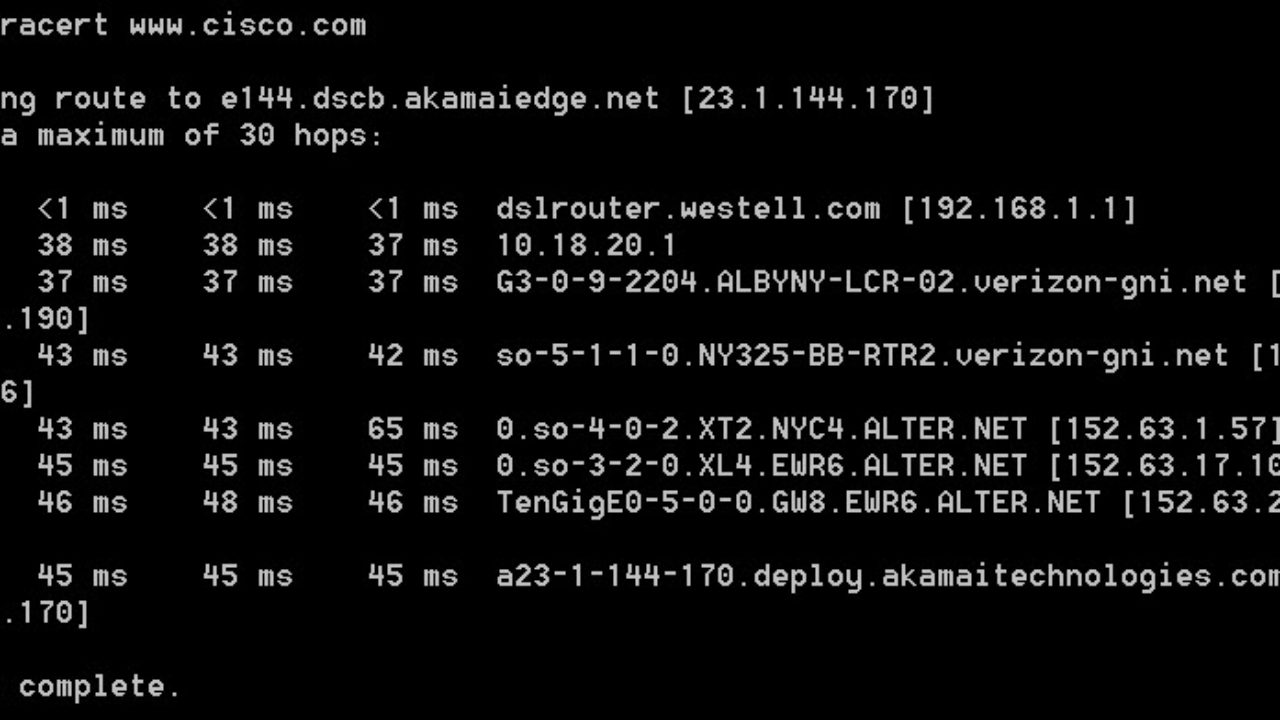

Therefore, it's easy to calculate d, only if the factorization of n is known.

We now have an equationįor finding e times d, which depends on phi n. And this can be simplified as m to the power of k, Multiply the left side by m, to get m on the right hand side. One by any number, say m, it always equals m.

Multiply the exponent phi n by any number k, and the First, if you raise the number one to any exponent, k, you always get one. Now, we just need to modify this equation using two simple rules. The power of phi n, or 4, and divide by n, you willĪlways be left with one. Share a common factor, let's call them "m" and "n". This means you can pick any two numbers, such that they do not
RSA CRYPTEXT D CALCULATOR MOD
For this, he turned to Euler's Theorem, which is a relationshipīetween the phi function and modular exponentiation, as follows: m to the power of phi n, is congruent to one mod n. Of 77, is six times 10, 60 Step three, how toĬonnect the phi function to modular exponentiation. For example, the prime factorization of 77 is seven times 11, so phi If you know the factorization for N, then finding phi N is easy. they work because of the Chinese Remainder Theorem, not because of Euler's TheoremĪ trapdoor for solving phi. encrypting and decrypting these messages will return the original message So, what about these messages not guaranteed by Euler's theorem ? In fact, finding one would be equivalent to factoring n, which would break RSA. When we use much larger primes, the chances of stumbling upon one of these messages not guaranteed by Euler's theorem becomes incredibly small. So there are 3016 guaranteed messages and only (3127-3016) = 121 messages not guaranteed by Euler's theorem. We can tell how many of these messages are guaranteed by Euler's theorem by looking at phi(n) which is a count of all the numbers <=n that are coprime to n. So as long as you don't pick a message that contains 53 or 59 as a factor, Euler's theorem guarantees that you are ok. In the video: n is the product of the primes 53 and 59 M^=0 mod p, m^=[m^((q-1)(p-1)+1)=m*1=m mod qīy Chinese Remainder Theorem, we can be certain that m^=m mod n. Since if m is coprime with p, the proof above holds, if m is 0 mod p, it also works. So considering the prime factorization of n=p*q, for primes p, q. In that case we will have to prove instead that m^=m mod n. There is still the case where m is not coprime to n. Take the product of the elements in each set. Then we can divide them by m, since m is coprime to n. If you are not convinced that all are different, suppose 2 are the same. Then we have another set where all numbers are coprime to n and different modulo n. Multiply all the numbers in the set by m. Firstly, addressing what you are mentioning, you did the products correctly, but however, Euler's theorem is proven for all m not a factor of n, so you are not applying Euler's theorem properly.Ĭonsider the set of all distinct numbers less than and coprime to n.


 0 kommentar(er)
0 kommentar(er)
